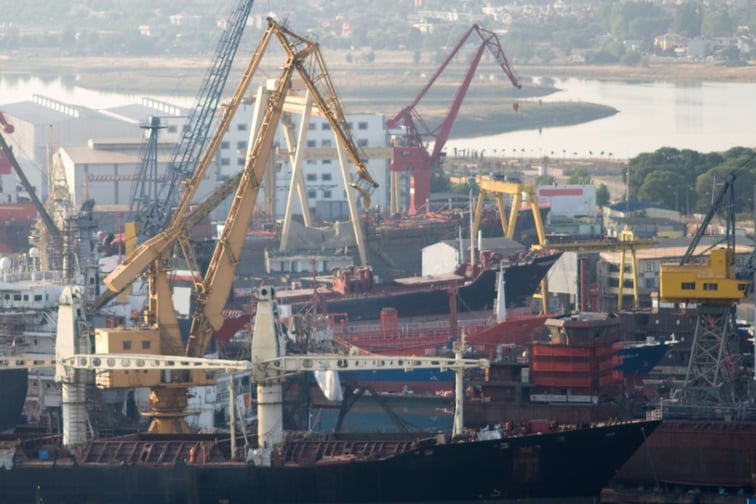

NTI has issued a warning to the transport industry following ruling on a landmark case involving a transport boss.
In a pivotal decision on Jan. 23, the national operations manager of a transport company faced the consequences of a category 1 offence under the Heavy Vehicle National Law (HVNL). The verdict followed an incident on Melbourne's Eastern Freeway in April 2020 that resulted in the death of four police officers.
The sentencing marked a groundbreaking development in Australia, as it was the first instance of an employee being found guilty and sentenced for a category 1 offence, the most severe violation under HVNL.
According to NTI, the convicted manager received three years of imprisonment, along with financial penalties exceeding $100,000, including costs. Additionally, a 12-month prohibition from engaging in similar transport roles was imposed.
NTI emphasised the significance of this case, describing it as a stark warning to executives throughout the country. The incident underscores the National Heavy Vehicle Regulator's authority to bring charges against individuals personally, rather than solely prosecuting their employers.
Aaron Louws, supply chain technical manager at NTI, noted that the defendant – classified as an “operator” of a heavy vehicle – faced conviction for failing to fulfill their primary duty. The court's interpretation extended this responsibility to immediate managers, supervisors, and senior management with control over heavy vehicle operations.
“The sentence sends a clear message to parties within the supply chain – the law will be enforced,” he said. “What also makes this case ground-breaking is that the defendant was convicted as an ‘operator’ of a heavy vehicle for their failure to fulfil their primary duty.”
During the legal proceedings, scrutiny revealed lapses in the company's policies and systems, which were neither enforced nor adequately implemented. The transport company and two executives were also convicted in connection with the incident.
Louws emphasised the importance of industry-wide collaboration to prevent such incidents.
“We can all learn from this situation. It's important to prove our standards are in place, and as an industry, we work together to ensure that our actions/inactions do everything so far as is reasonably practicable to ensure this couldn't happen again,” he said.
